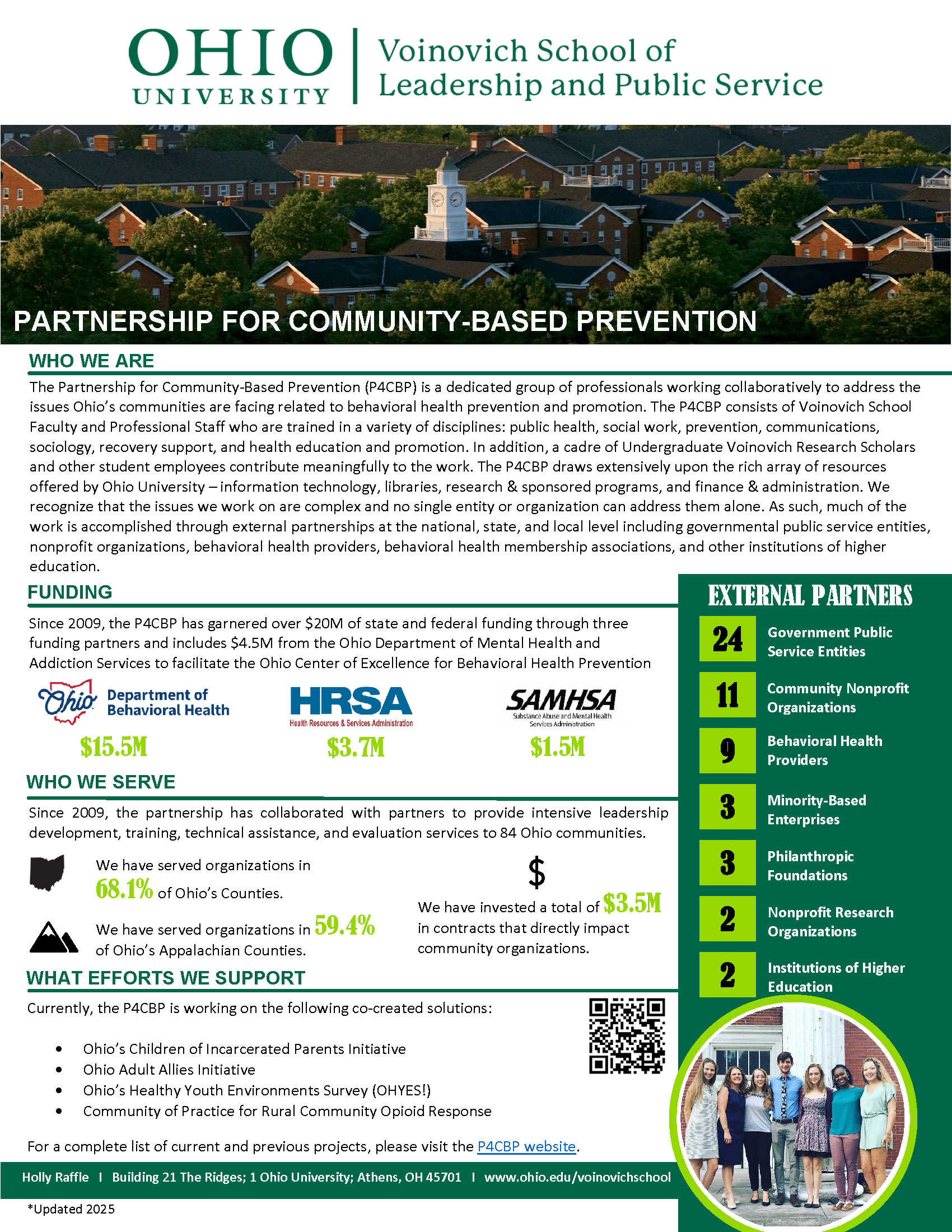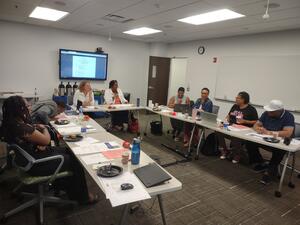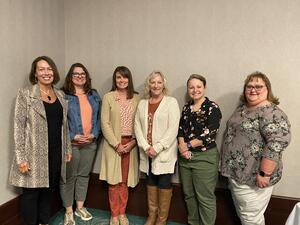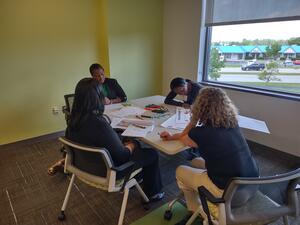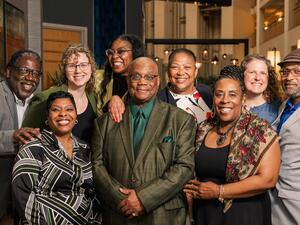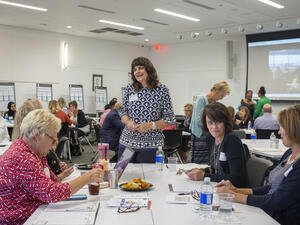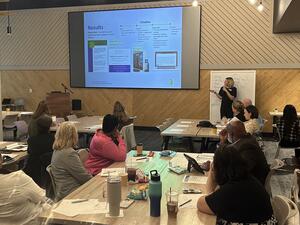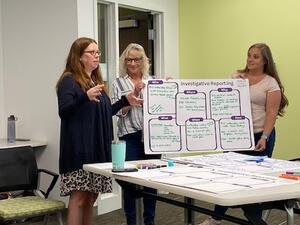The Programmatic Partnership for Community-Based Prevention (P4CBP) is based within Ohio University's Voinovich School of Leadership and Public Service. The P4CBP is a dedicated group of professionals working collaboratively to address the issues Ohio’s communities are facing related to behavioral health prevention and promotion.
To learn more about P4CBP's impact on communities, please click on the image and download our one pager.

